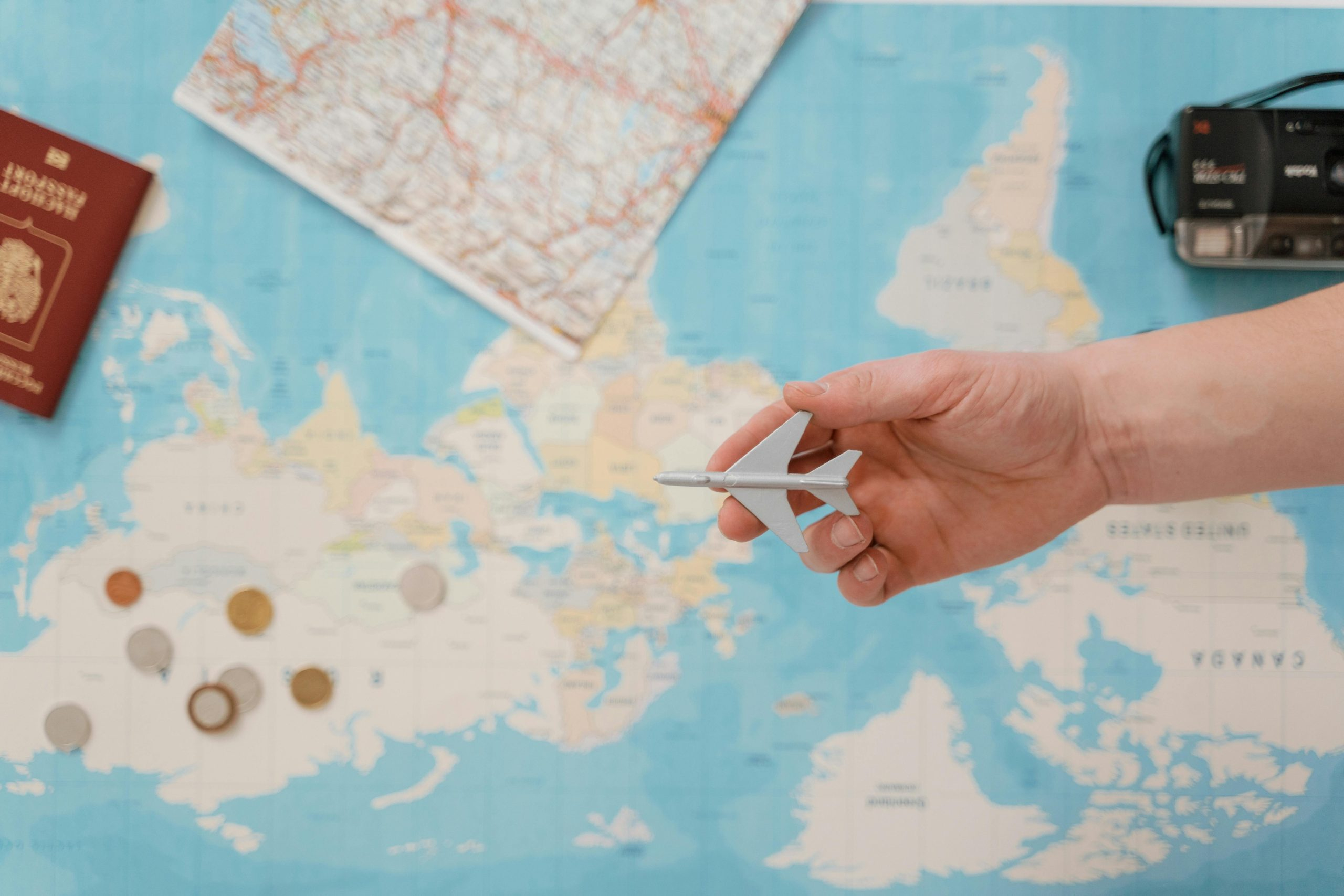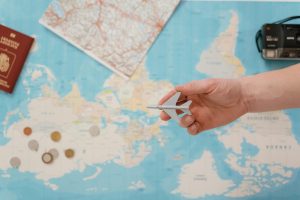The Importance of Staying Hydrated During Long Flights and Trips
Traveling can be an exciting and fulfilling experience. From exploring new destinations to immersing yourself in different cultures, there is no doubt that traveling offers amazing opportunities for personal growth and enrichment. However, it also comes with its own set of challenges, one of which is maintaining proper hydration during long flights and trips. Many travelers tend to overlook the importance of staying hydrated, but it is a crucial aspect that should not be ignored. In this article, we will discuss the significance of hydration while traveling and how it can affect our overall health and well-being.
The Risks of Dehydration During Traveling
When it comes to traveling, dehydration is a common struggle that many people face. It occurs when your body loses more fluid than it takes in, leading to an imbalance in the body’s electrolyte levels. The most common causes of dehydration while traveling include the dry air in the airplane cabin, limited access to water, and increased physical activities. Dehydration has several adverse effects on your body, including fatigue, dizziness, headaches, dry skin, and constipation. These symptoms can put a damper on your trip and even lead to serious health issues if left unaddressed.
The Importance of Staying Hydrated During Long Flights
The confined space and dry air in airplane cabins can contribute significantly to dehydration. The humidity levels in the cabin are typically around 10-20%, much lower than the recommended levels of 30-65%. This low humidity causes the body to lose moisture through respiration, making you more prone to dehydration. Furthermore, the lack of movement during long flights can also lead to water retention, making it essential to drink plenty of fluids to flush out toxins and maintain proper hydration levels.
Another factor to consider is the high altitude at which most planes fly. The higher you go, the lower the air pressure becomes, resulting in lower oxygen levels in the body. This can lead to physiological changes, making you feel more tired and dehydrated. Consuming enough fluids during the flight can help maintain oxygen levels in the body, reducing the effects of altitude changes.
The Importance of Staying Hydrated During Long Trips
The same applies to long road trips or train journeys, where water is not as readily available as it is on flights. Sitting for extended periods can also cause water retention and dry skin. Additionally, traveling to warmer climates or engaging in outdoor activities during a trip can lead to excessive sweating, further contributing to dehydration. It is crucial to stay hydrated during these trips to prevent adverse effects on your health and enjoy your travels to the fullest.
Tips for Staying Hydrated During Long Flights and Trips
Now that we understand the importance of hydration during traveling let’s discuss some tips to help you stay hydrated and healthy:
1. Drink Plenty of Water
The most obvious solution is to drink plenty of water throughout your journey. Carry an empty water bottle with you and fill it up before boarding the flight or starting your trip. This will ensure that you always have access to water and can stay hydrated throughout your journey. Avoid sugary or caffeinated drinks, as they can contribute to dehydration.
2. Avoid Alcohol and Caffeine
Many travelers tend to indulge in alcohol or caffeine during flights and trips to stay relaxed or awake. However, these beverages can have a diuretic effect, causing the body to lose more fluids and contributing to dehydration. It is best to limit the consumption of these drinks and opt for water instead.
3. Choose Foods with High Water Content
Eating foods with high water content, such as fruits and vegetables, can also help you stay hydrated during your travels. They not only provide essential vitamins and minerals but also contribute to your overall water intake.
4. Use a Hydrating Facial Mist
The dry air in airplane cabins can cause your skin to become dry and dehydrated. Using a hydrating facial mist or carrying a small bottle of rose water can help keep your skin moisturized and refreshed throughout your journey.
5. Get Up and Move Around
Sitting for extended periods can lead to water retention and blood pooling in the legs, causing swelling and discomfort. Make sure to get up and move around every hour or so, even on flights. This will help promote blood circulation and prevent dehydration.
Conclusion
In conclusion, staying hydrated during long flights and trips is of utmost importance. It not only helps prevent dehydration but also ensures that you enjoy your travels to the fullest without any adverse effects on your health. Remember to drink plenty of water and avoid indulging in alcohol and caffeine. With these simple tips, you can stay hydrated, healthy, and happy during your travels. Happy journey!










